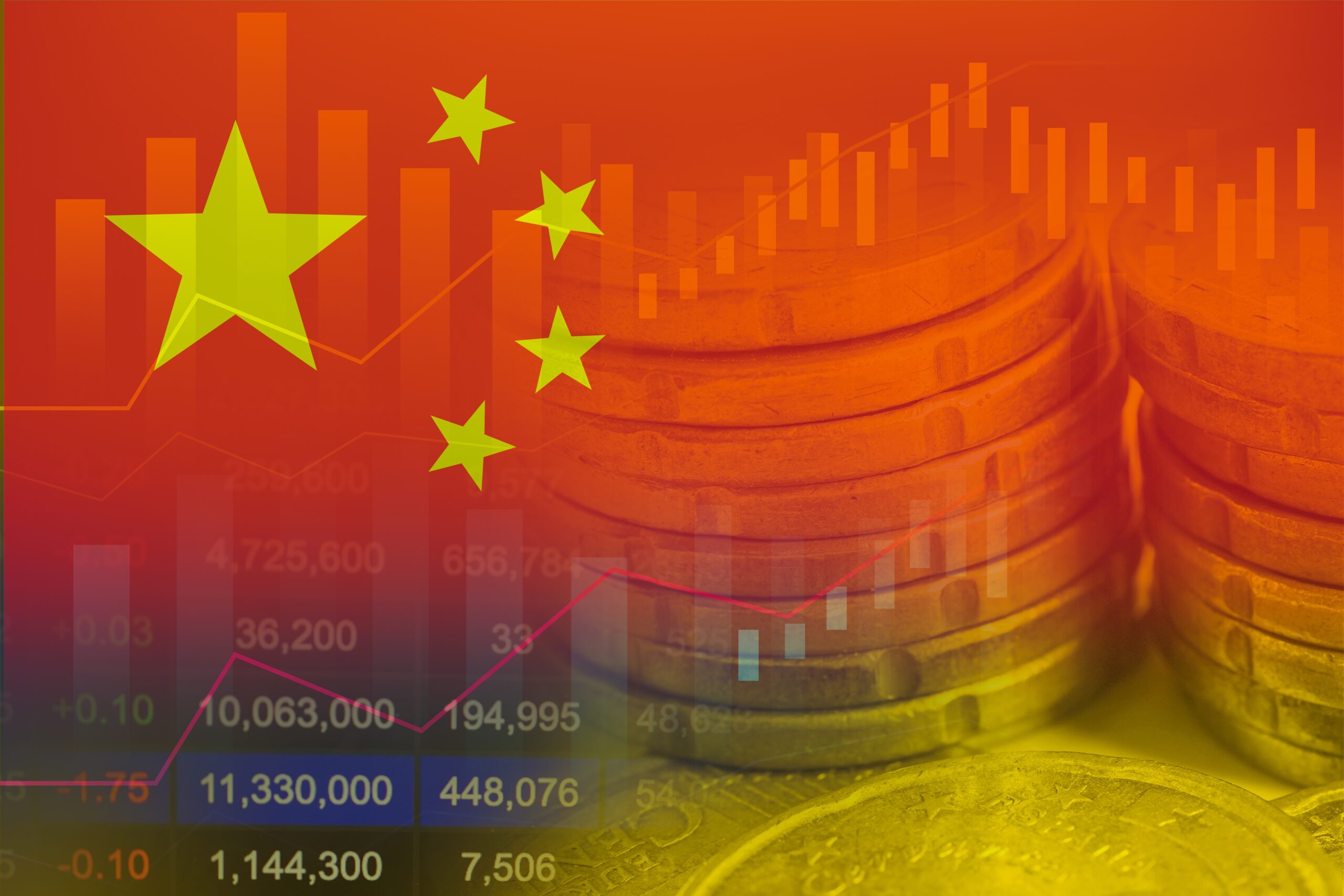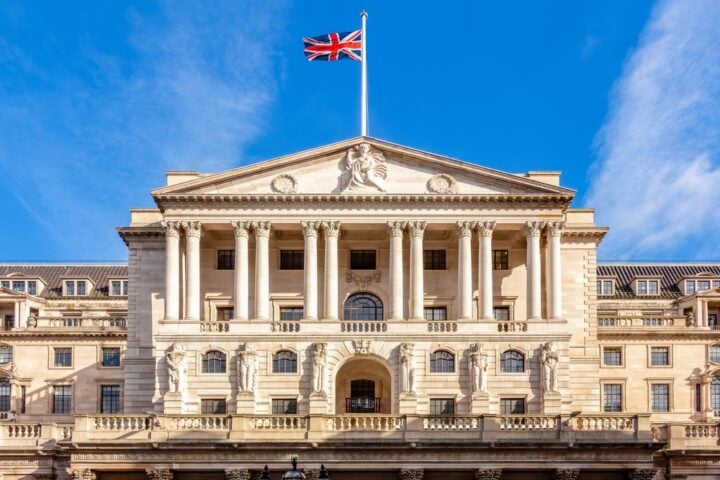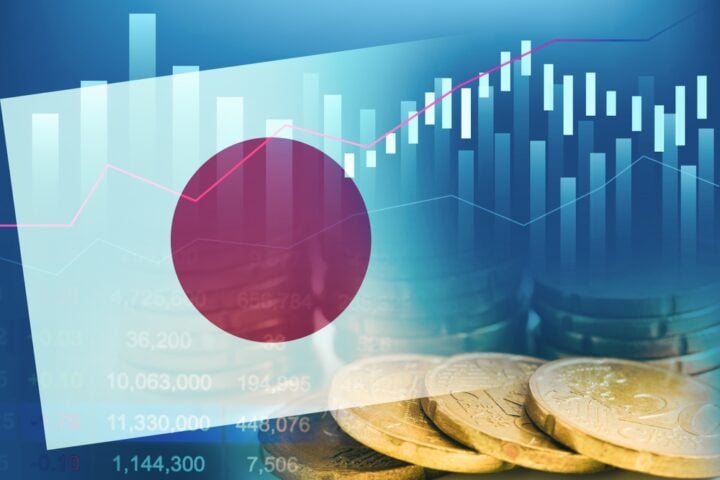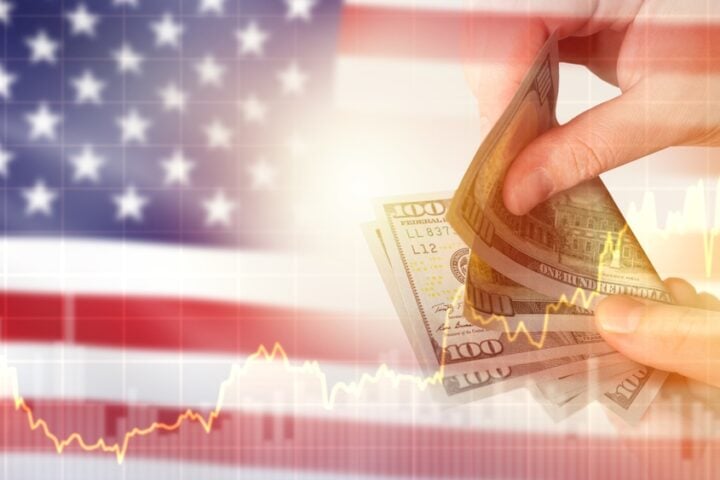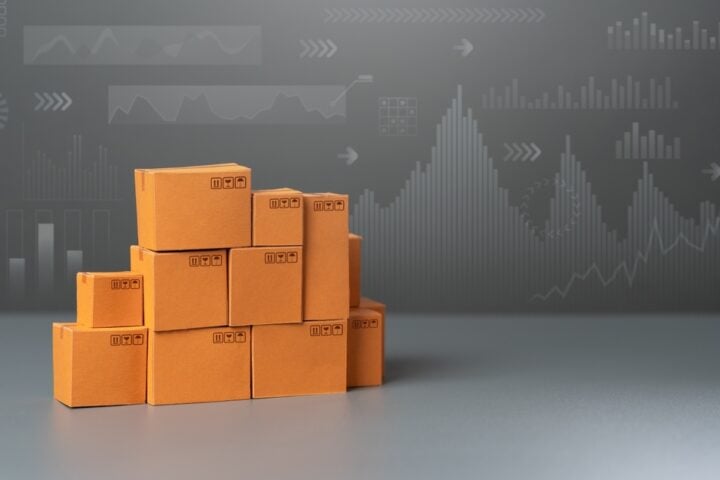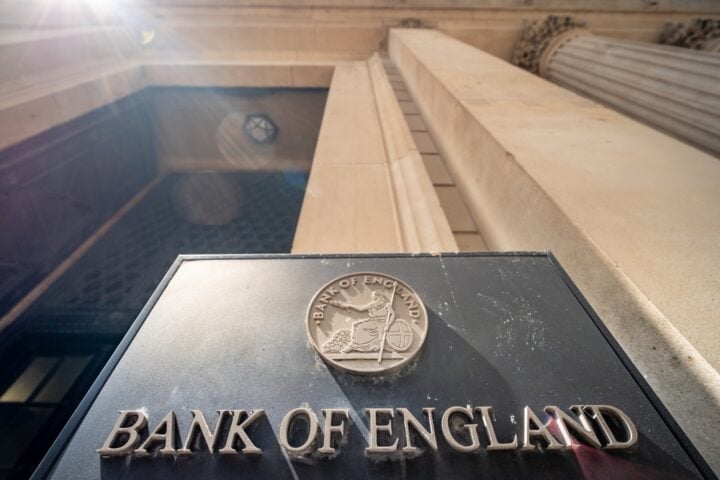Broader Appliance Trade-Ins and Digital Goods Subsidies
China has added more home appliances, including microwave ovens, water purifiers, dishwashers, and rice cookers, to its consumer trade-in scheme for 2025. Additionally, subsidies will now cover digital goods such as cellphones, tablet computers, smart watches, and bracelets priced under 6,000 yuan ($818), with a 15% subsidy offered on these products.
Increased Funding for Consumption Initiatives
The Chinese government has allocated 81 billion yuan to support consumer goods trade-ins in 2025, with expectations that total subsidies could double to 300 billion yuan this year. This represents a strategic pivot to boost domestic demand in the face of a severe property crisis that has dampened consumer spending and household wealth.
Impact of Previous Subsidy Programs
In 2024, China apportioned approximately 150 billion yuan from its 1 trillion yuan special treasury bonds for subsidies on old appliance and vehicle replacements. This initiative led to 920 billion yuan in auto sales and 240 billion yuan in home appliance sales. Officials described the program as having “achieved positive effects.”
Market Reaction
Despite the announcements, China’s consumer electronics stock index dropped 3.2% by midday on Wednesday. Analysts suggest that limited subsidies for phones and tablets, capped at less than 500 yuan per item, indicate Beijing’s intent to avoid subsidizing large-ticket spending for wealthier consumers.
Enhanced Measures for Economic Growth
Top Chinese leaders have pledged to vigorously boost consumption and expand domestic demand in 2025. Efforts include wage increases for millions of government workers to stimulate spending and increased funds from ultra-long treasury bonds for equipment upgrades and consumer trade-in schemes.
Targeted Equipment Upgrades
China plans to broaden its subsidy focus to include high-end, smart, and green equipment, particularly in information technology and agriculture sectors. A 400 billion yuan low-cost relending facility has been established by the central bank to support these upgrades. Interest rate subsidies on equipment upgrade loans will further reduce financing costs for businesses.
Economic Outlook
Economists predict a rebound in retail sales growth in 2025, aided by supportive policies and stabilization in asset prices. Improved consumer confidence, particularly in employment prospects, is seen as a key factor in driving household consumption recovery.


